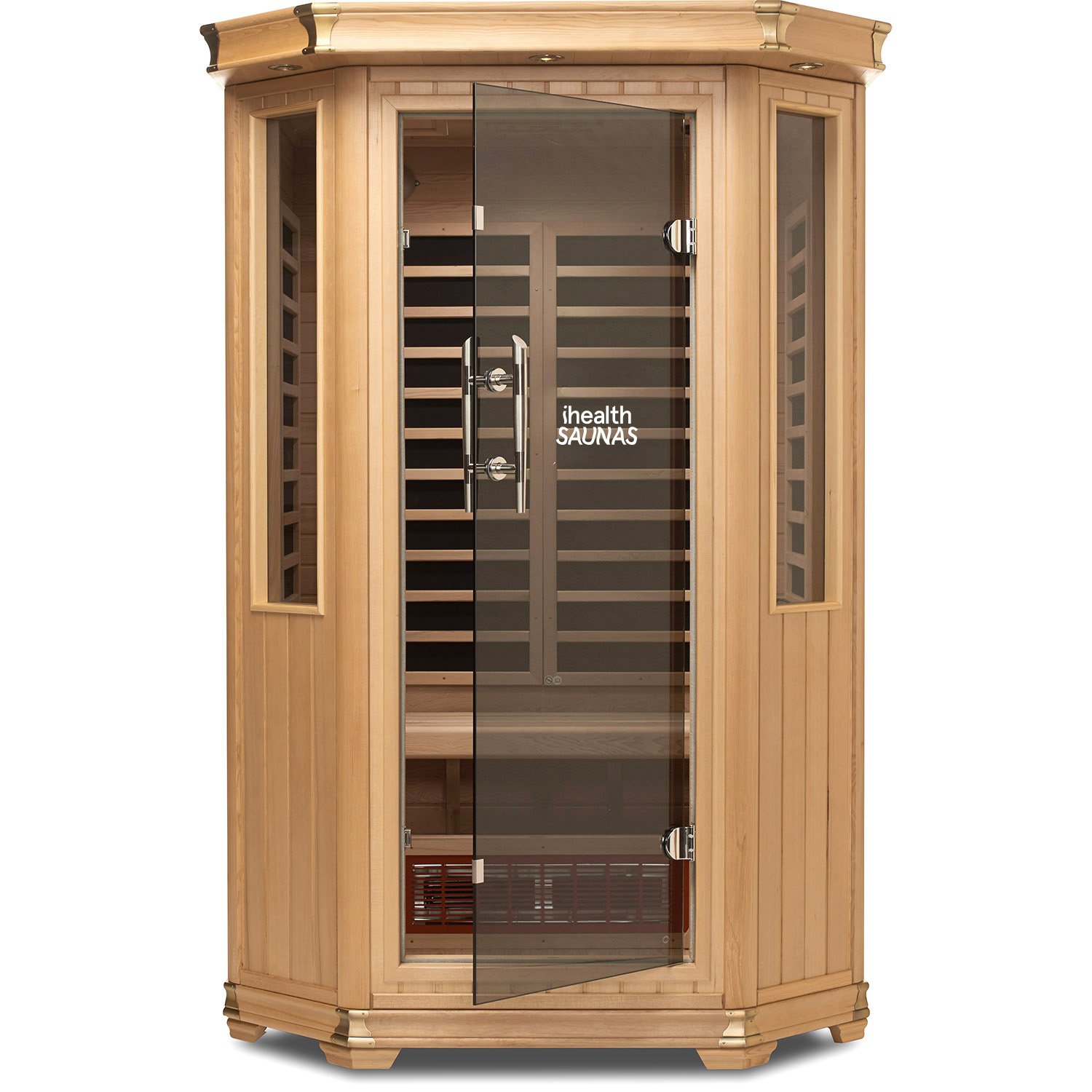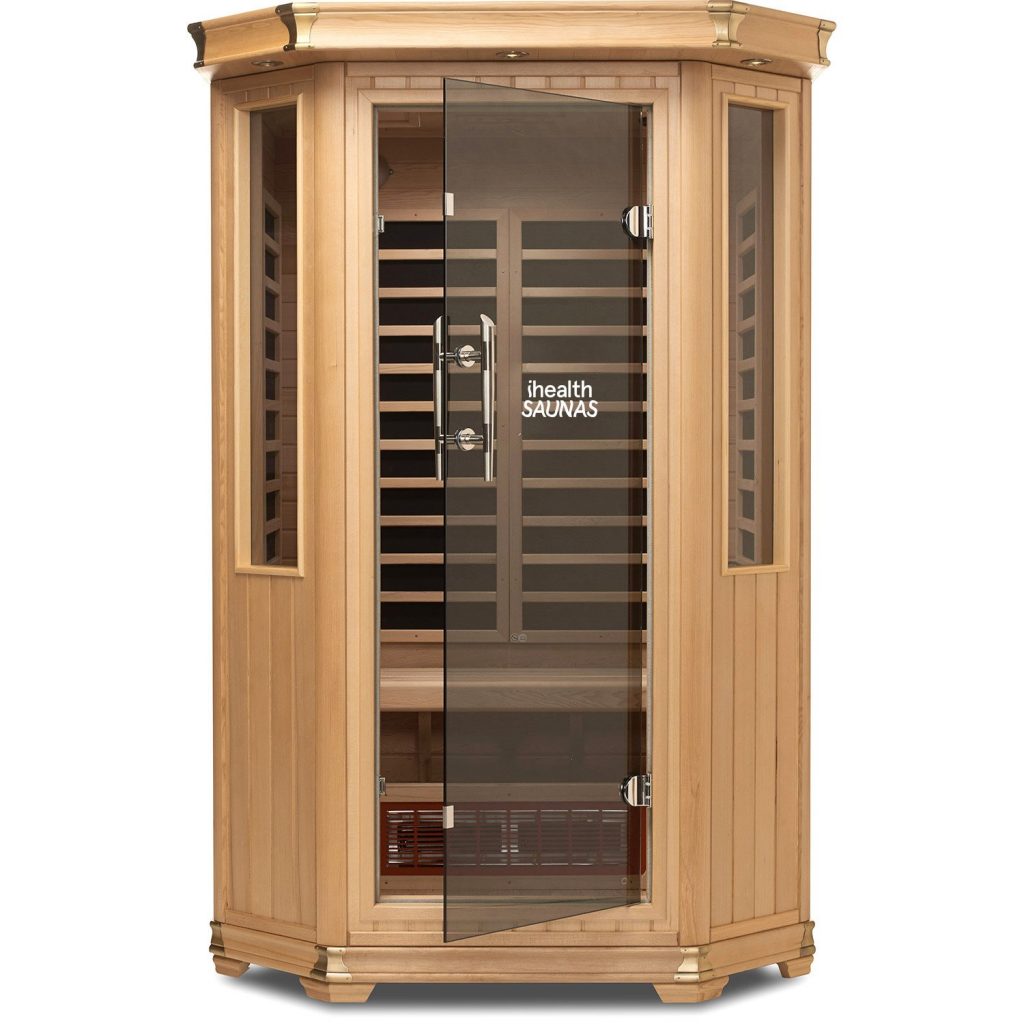When
it comes to maintaining good health and well-being, the vital role which sleep
plays cannot be over-emphasised.
Lack
of quality sleep asides making you tired and grumpy, is associated with a good
number of health problems some of which include:
- Memory problems
- Poor concentration and problem-solving abilities
- Mood swings
- Weakened immunity
- Weight gain
- High blood pressure
- Heart disease
- Low sex drive, etc
Getting
quality sleep and in the right dose (7 – 8 hours/day recommended) is essential
to allow your body heal and restore its balance, making you fit and ready to
face the following day’s tasks.
If
you’re struggling with getting adequate sleep and have tried various ways to
achieve that without much improvement, then perhaps you should try saunas.
Yes,
saunas are a great way to tackle sleep problems and are regarded as quite
effective.
Sweating
as a form of therapy has been around for thousands of years. Sweat houses were
used by the Mayans about 3000 years ago according to Harvard Health
publications.
However,
gaining more and more attention is the less conventional infrared saunas.
What Are Infrared Saunas?
Infrared
saunas rather than heating your body indirectly by first heating the air around
you, will do so directly, with minimal affectation of the room temperature.
Infrared
saunas use lamps to warm your body directly via electromagnetic radiation.
The
heat generated penetrates your body more easily and effectively, achieving
similar results as conventional saunas at even lower temperatures (a
conventional sauna operates usually between 150°F – 180°F while infrared saunas
do so at about 120°F – 140°F).
At
lower temperatures, you achieve a more intense sweat, and this also means that
you are able to tolerate longer periods in the sauna.
What Are The Effects of A Sauna On Your Body?
The
effects of a sauna on your body include:
- Increased body temperature
- Increased blood flow
- Increased heart rate
These
are basically effects you’d get from a moderate exercise.
Are Infrared Saunas Beneficial For Improved
Sleep?
While
there aren’t as much research on infrared saunas as there are on the
conventional ones, some studies have shown that there are indeed significant
benefits with sauna use which improve sleep.
Some
of these benefits include :
Normally for sleep to set in, the
body temperature falls gradually and continues falling through the night until
just a few hours before dawn when it starts to rise again. This fall in
temperature stimulates the release of melatonin the ‘sleep hormone’.
This effect is mimicked after a sauna
session as your body starts to cool off, and lulls you off to sleep.
The tranquil and quietness of a sauna
helps you take a break from constant intruding thoughts and worries. It also
affords you the opportunity to meditate, one of the very effective ways of
relieving stress and anxiety and improving sleep.
The skin is one of the excretory
organs of the body. Through sweating, you flush out toxins from your system,
especially heavy metals and BPA (Bisphenol A) from plastics.
- Relief from aches/joint pain
Sauna therapy has been found to be
able to alleviate the symptoms of rheumatoid arthritis. By relieving you of
aches and pains, you are able to sleep better and more soundly.
People who are overweight are more
likely to experience disordered sleep. By deeply heating up your body, sauna
therapy mobilises fat-stored toxins which are then eliminated.
- Reduced muscle soreness and increased recovery from
strength-training and endurance performances.
A
study carried out in 2015 reported dramatic improvements in sleep and in other
symptoms of chronic fatigue syndrome in two individuals, following thermal
therapy and suggested that saunas could be a beneficial and safe treatment for
chronic fatigue syndrome.
In
his book “Sauna Therapy For Detoxification and Healing”, Dr Wilson
cites research that supports the benefits of saunas in achieving more quality
sleep.
As
someone new to saunas sits, it is advisable to start out slowly, spending not
more than 10 minutes at first and gradually working up to 20 – 30 minutes.
Also, it is advisable to drink 2 – 4 glasses of water after a sauna session and
to stay away from alcohol while in there as alcohol has a dehydrating effect on
the body and coupled with the heavy sweating, might be too much for it to
handle.
If
you do not like the moist hot air in conventional saunas, then you should
consider infrared saunas as they’re just as effective and so far, no adverse
effects have been reported with their use.
References
David
S. Black, Gillian A. O’Reilly, Richard Olmstead, Elizabeth C. Breen, and
Michael R. Irwin. Mindfulness Meditation and Improvement in Sleep Quality and
Daytime Impairment Among Older Adults With Sleep Disturbances. JAMA Intern
Med. 2015 Apr 1; 175(4): 494–501.
Dave
R. How does your skin eliminate waste? Health. 2019
https://health.howstuffworks.com/skin-care/information/anatomy/skin-eliminate-waste.htm
National
Sleep Foundation. Obesity and Sleep. 2019
https://www.sleepfoundation.org/articles/obesity-and-sleep-0
Antti
Mero, Jaakko Tornberg, Mari Mäntykoski, and Risto Puurtinen. Effects of
far-infrared sauna bathing on recovery from strength and endurance training
sessions in men. Springerplus. 2015; 4: 321.
doi: 10.1186/s40064-015-1093-5
Soejima
Y1, Munemoto T, Masuda A, Uwatoko Y, Miyata M, Tei C. Effects of Waon therapy
on chronic fatigue syndrome: a pilot study. Intern Med. 2015;54(3):333-8.
doi: 10.2169/internalmedicine.54.3042.












